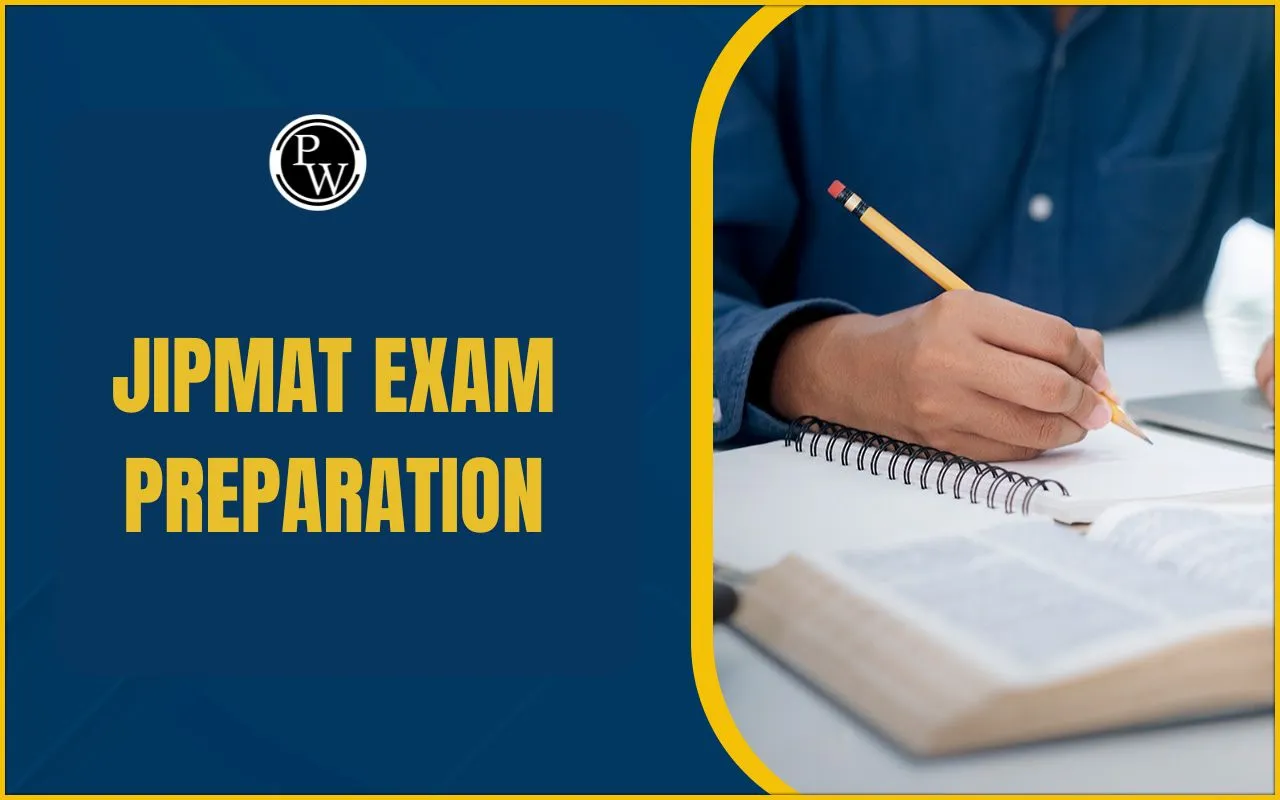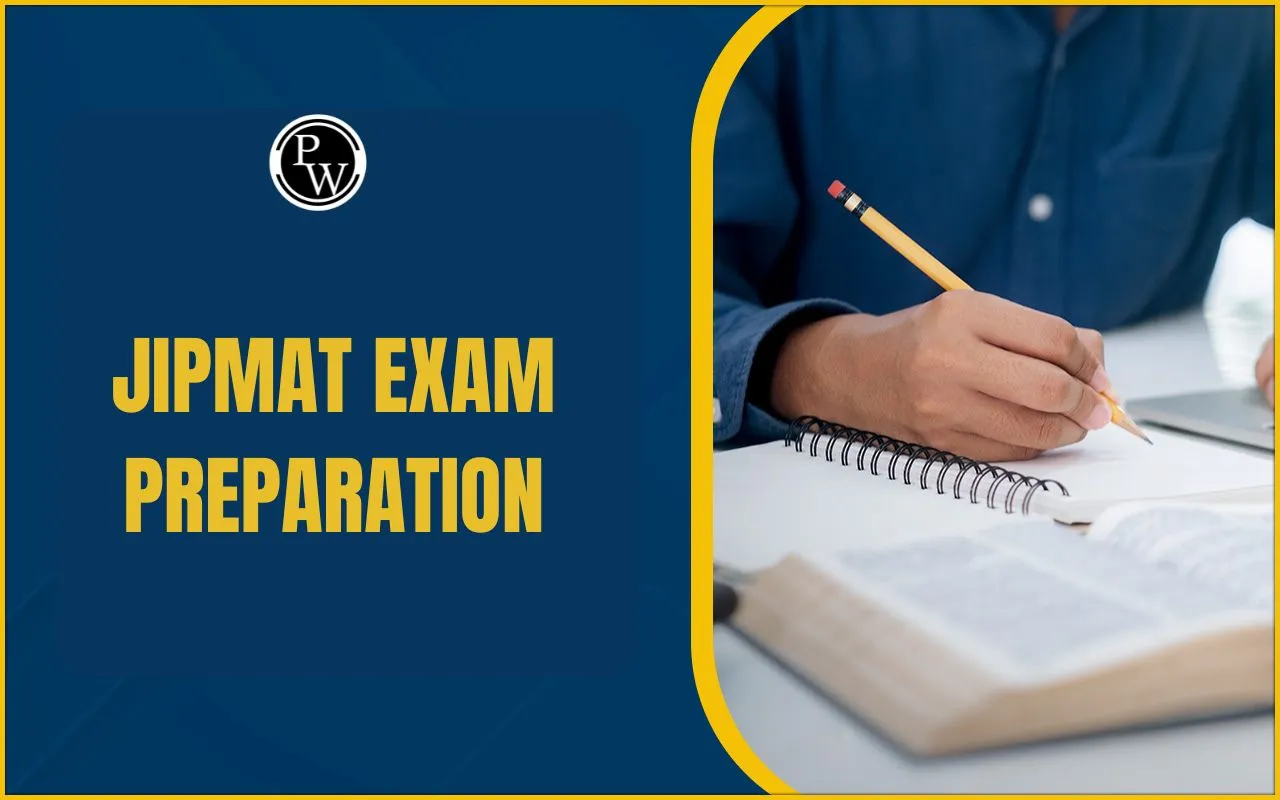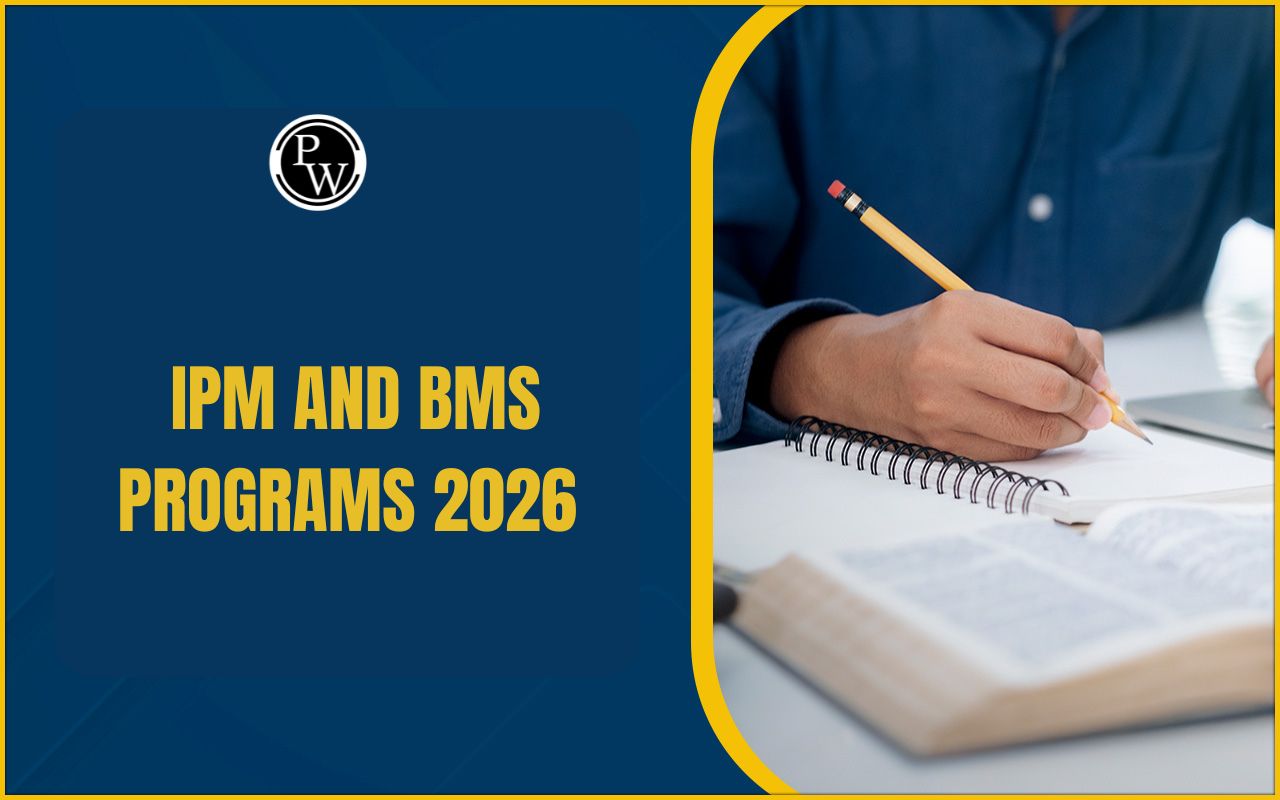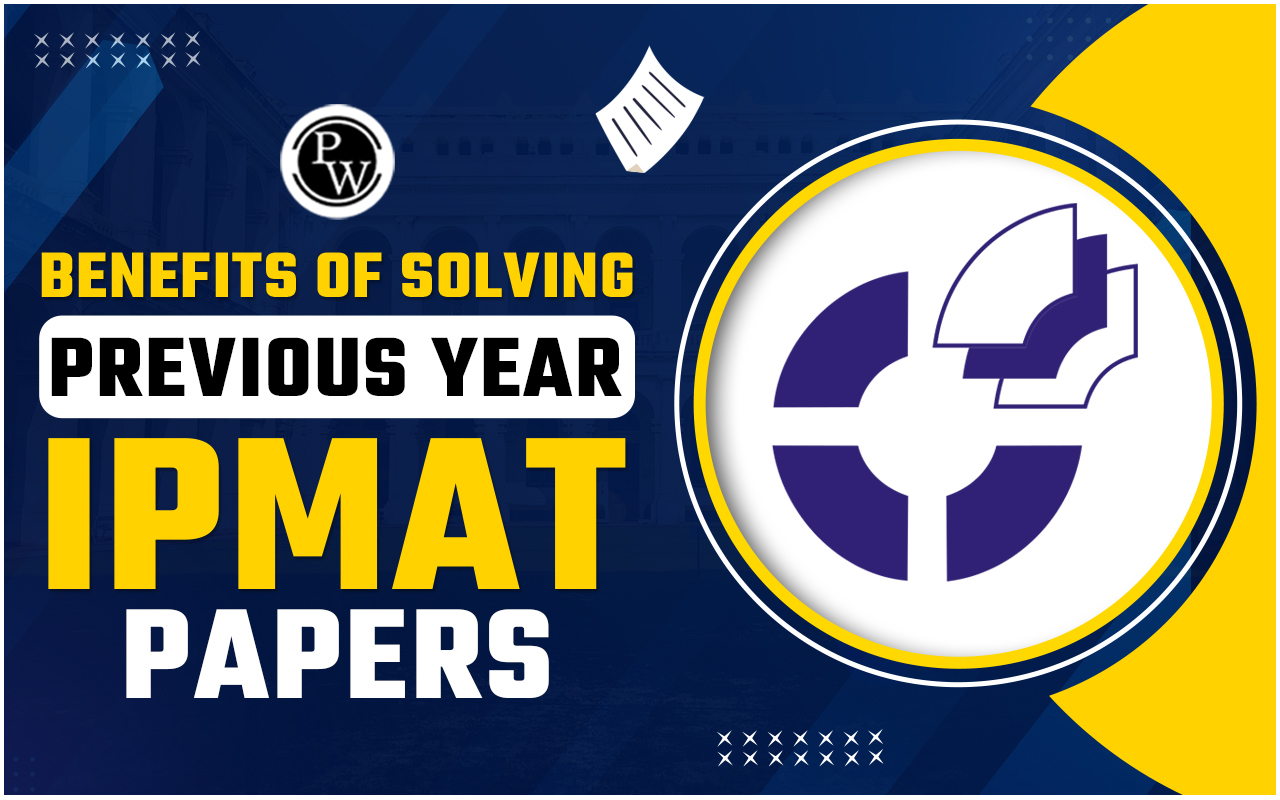
JIPMAT Exam Preparation: JIPMAT exam is an eligibility exam that is to get admission to the Integrated Program in Management at IIM Jammu and IIM Bodh Gaya. Quantitative Aptitude, Logical Reasoning, Verbal Ability, and Reading Comprehension are the three sections covered in the exam.
A proper study plan is needed in order to do well. Solve some math problems, work out on some logical puzzles, read something in English, and take some mock tests every now and then. Read more than once mistakes you made, and go over essential topics. JIPMAT exam preparation can be simplified through by practicing it consistently and planning smart.
JIPMAT 2026 Preparation Tips
Students preparing for JIPMAT Exam 2026 should create a focused study plan that balances all three sections of the exam.
As the test is highly competitive and acts as an entry point to IIM Jammu and IIM Bodh Gaya candidates need to focus on strengthening concepts, improving speed, and maintaining accuracy.
The first step towards a successful JIPMAT preparation journey is understanding the exam format and syllabus.
Once candidates are familiar with the structure, they can create a step-by-step plan, covering section-wise strategies, revision and practice. Below you can find a detailed guide to help with JIPMAT 2026 preparation.
JIPMAT 2026 Section Wise Preparation Plan
JIPMAT exam is divided into Quantitative Aptitude, Data Interpretation & Logical Reasoning, and Verbal Ability & Reading Comprehension. Preparing for each section in a structured manner ensures better time management and complete coverage of the syllabus.
Quantitative Aptitude (QA)
This section focuses on numerical ability and mathematical concepts. Strong fundamentals in school-level mathematics give candidates an edge but even those weak in maths can perform well with the right practice.
Preparation Tips:
-
Revise Class 9–12 topics like algebra, geometry, percentages, and ratios.
-
Keep a formula notebook and revise it daily.
-
Practice solving sums under timed conditions.
-
Take mock tests to develop accuracy and speed.
Data Interpretation & Logical Reasoning (DILR)
DILR checks logical ability, reasoning power and the skill to interpret complex data. Most questions appear in the form of caselets or sets, making this section challenging.
Preparation Tips:
-
Solve different types of puzzles, seating arrangements, and DI sets.
-
Practice graphs, charts, and tables regularly.
-
Focus on building logical approaches rather than memorizing.
-
Try to increase accuracy first, then improve speed.
Verbal Ability & Reading Comprehension (VARC)
This section evaluates English language proficiency and comprehension skills. Candidates who practice consistently find it easier to score here but weak readers may need extra effort.
Preparation Tips:
-
Read newspapers, magazines and articles daily to improve comprehension.
-
Expand vocabulary through word lists, apps or flashcards.
-
Practice grammar-based exercises and para-jumbles.
-
Solve RC passages regularly and work on reading speed.
JIPMAT Exam Preparation FAQs
What is JIPMAT Exam?
What must I do to prepare JIPMAT?
What are the most suitable books to prepare JIPMAT?
How significant are mock tests?














